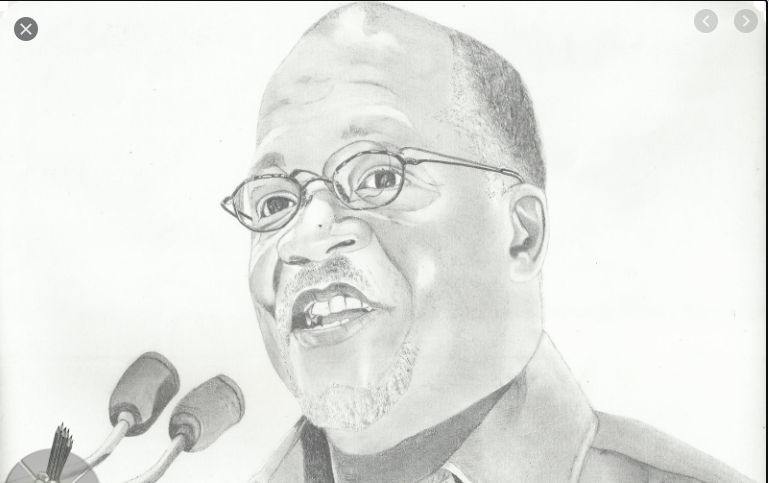
In life and death, the late President John Pombe Joseph Magufuli will always remain a controversial figure who is revered and loathed in varying measures . Controversial because of what he saw and knew, and controversial because of the nexus between his Covid-19 (nimonia kali, they call it in Tanzania) denialism and death. Column inches have already been written about the man’s attitude and the deeds he was able to achieve in his short span of leadership.
So what did Magufuli see? He saw that African’s, especially the natives were being unfairly exploited by foreign multinational corporations and countries. This was in connivance with a local comprador bourgeoisie that was content to take home trinkets while Tanzania and Africa’s mineral resources were being shipped to benefit those who did not own them in the first place. Magufuli also saw a wasteful government bureaucracy that was bent on self-aggrandizement at the cost of the people. While taxes were collected and budgets made, the bureaucrats had mastered the art of creating all sorts of shenanigans to redirect those resources to their own personal benefit. As a result, the delivery of public goods and services was poor despite his country’s resource endowment. Equally, standards of living remained very low. Magufuli also saw that his country was being saddled with foreign debt which would keep his people yoked and beholden forever. On the hand, the lenders were using this conditionality driven debt to keep their factories working while supplying Tanzania with things they probably could produce for themselves or did not necessarily need. Magufuli saw that his country (like most African countries are) was in the grip of a new Mafiosi that was hell bent on rent seeking while they lived the jet set life, including seeking treatment abroad.
And what did Magufuli know? He knew that the excuse of colonialism as the cause of Tanzania and Africa’s woes in general, was a lame duck excuse after 60 years of self-determination. He knew that elitist Africans were the ones strangling Africa. That these elitist African’s saw Tanzania as a cake to be shared rather than to be built. That Tanzania and Africa were and are in the stranglehold of this new Mafiosi. Magufuli knew that this Mafiosi had crippled the state. Most African states are indeed defined as ‘failed states’ because they cannot defend themselves from economic exploitation by outsiders. The people remain starkly poor while multinational corporations and individuals grow incredibly rich. African governments’ excepting their capacity to terrorize their populations, are in such a state of entropy that they cannot defend or effectively manage the use of their natural resources for the benefit of their peoples.
But it is not only Magufuli who knew these things. Many African leaders know these things. The difference is that Magufuli acted. He purposed to create efficiency in the delivery of public goods and services by disciplining errant public officials . He lived frugally and ensured that government projects were delivered on time at the right price, cutting out the waste in procurement. The jet set lifestyle was anathema to him. There is enough brick and mortar to show what the man was able to achieve in his brief reign.
However in trying to change the course and lives of his countrymen, Magufuli inevitably stepped on many peoples toes. He curtailed freedom of expression and weakened critical institutions that are important for nation building by making himself the centre of the fight against corruption. Unwittingly, he like the former colonial masters, ended being authoritarian and paternalistic. The debate about his legacy will continue to exercise our minds for a long time. Because his reign was cut short by the cruel hand of death, we may never be able to exactly determine the full measure of the man. All we know is that, in his limited way, when he was handed the instruments of power he did what he thought was best for his people.
Samuel Sejjaaka is Country Team Leader at Mat Abacus Business School. Twitter @samuelsejjaaka



